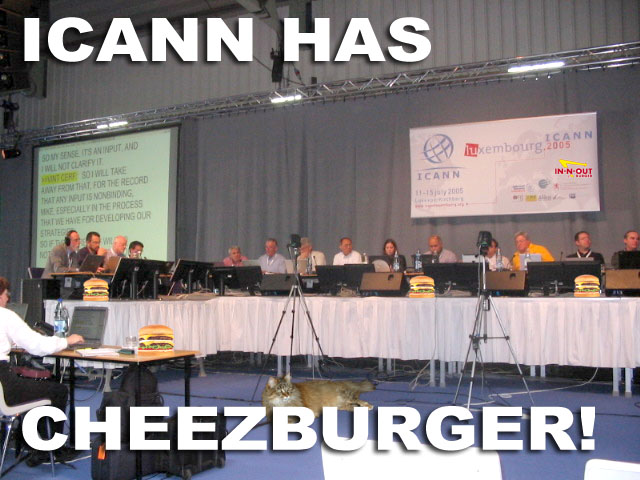When will the google street view easter eggs and spam appear?
Submitted by brad on Tue, 2007-06-12 14:15Everybody's been discovering things in Google Street View. While Microsoft and Amazon did this sort of thing much earlier, there's been a lot more publicity about Google doing it because it's Google, and it's much more high resolution among other things.

But now that it's out, I expect we'll see web sites pop up where people spot the Google camera-car and report on its location in real time. Allowing people to prepare for its passage.
I expect we'll see:




